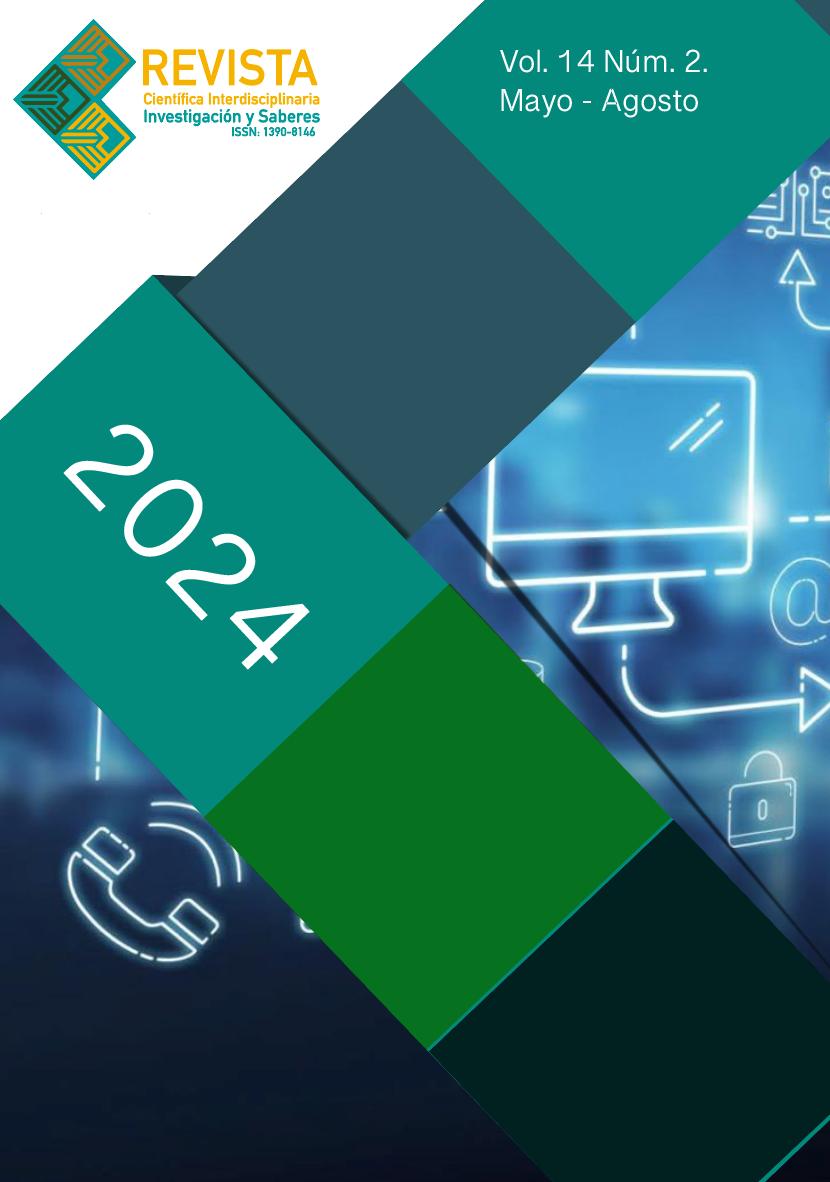Building a Business Conceptual Framework for Control Tools
Contenido principal del artículo
Resumen
The theoretical foundations existing in the business context on tax control tools were presented, which allowed the required analysis to be carried out to determine the impact of tax incentives on new companies in Ecuador and in this way establish the economic contribution they provide. to the country. This result corresponds to the Research Project: Strategy for the application of tax incentives in the constitution of new companies in Ecuador. To do this, companies in different sectors of Ecuador will be selected annually, to which a survey and interview will be applied to establish the tax tools that each of them has; with the purpose of identifying the tax processes that apply in the business field. With the compilation of the tax tools currently used in each company, it was determined to design new proposals that contribute to their continuous improvement, current strategies will be established that allow the growth of these businesses. The preparation of this article and research process will allow us to theoretically support whether the implementation of a tax Coworking at the Instituto Superior Universitario Espíritu Santo developed by the students of the Taxation career will contribute to the growth and good tax practices in new companies in Ecuador.
Detalles del artículo
Sección
La revista brinda acceso abierto inmediato a todo su contenido sobre el principio de que hacer que la investigación esté disponible de forma gratuita para el público para apoyar un mayor intercambio global del conocimiento.
De esta manera, el lector/a puede acceder a todos los contenidos de la revista desde el momento de la publicación sin coste ni obligación de suscripción.
La revista ienen licencia bajo el acuerdo de licencia internacional Attribution-NonCommercial-ShareAlike 4.0 International (CC BY-NC-SA 4.0). Los/as autores/as retienen los derechos de autor y se permite a terceros copiar, distribuir y hacer uso de los trabajos siempre que cumplan con los términos y condiciones establecidos por dicha licencia
- citar la autoría y la fuente original de su publicación (revista, editorial y URL de la obra).
- No se usen para fines comerciales.
- Si remezcla, transforma o crea a partir del material, deberá difundir sus contribuciones bajo la misma licencia que el original.
Puede encontrar más información al respecto en https://creativecommons.org/licenses/by-nc-sa/4.0/deed.es.
La Revista declina cualquier responsabilidad sobre posibles conflictos derivados de la autoría de los trabajos que se publican.

